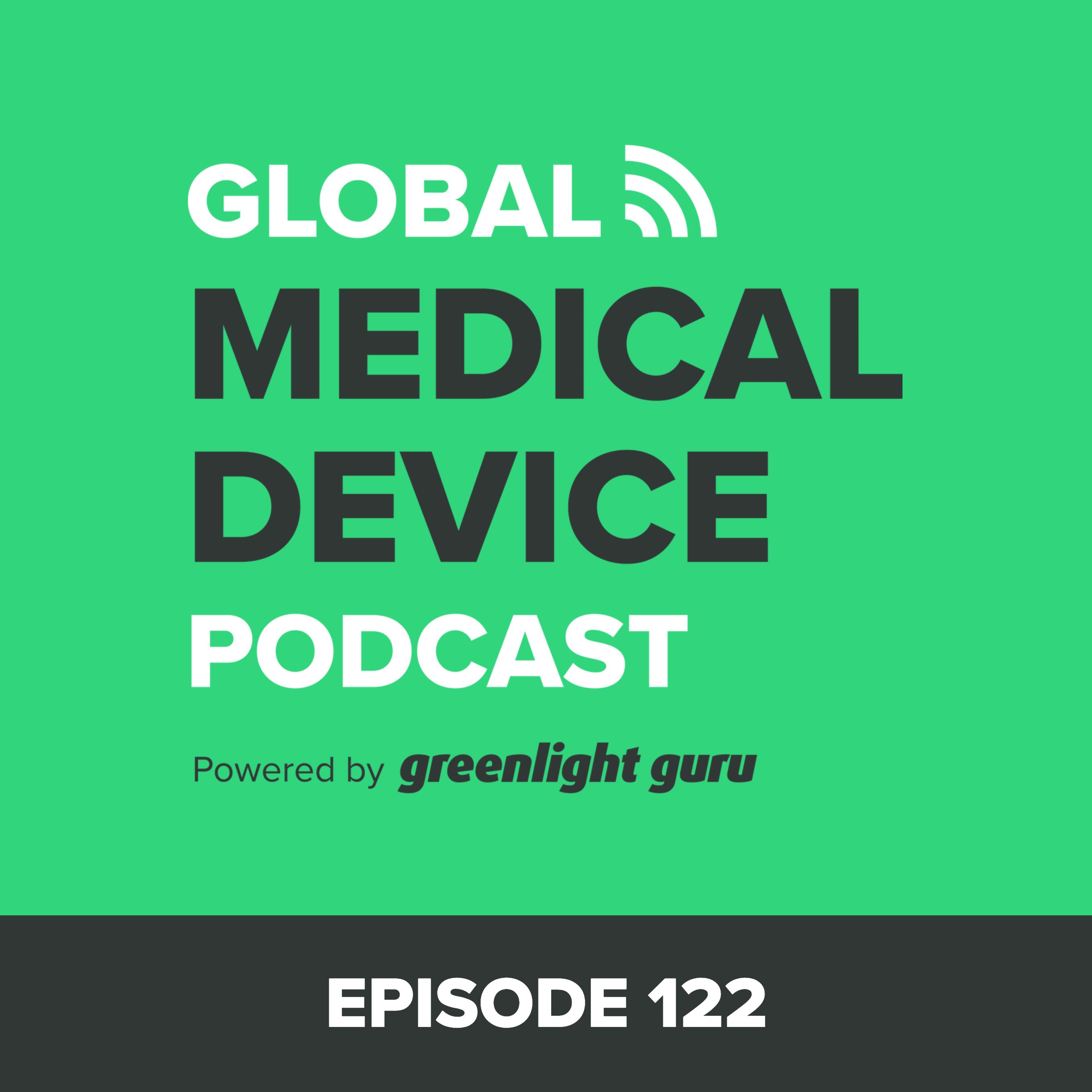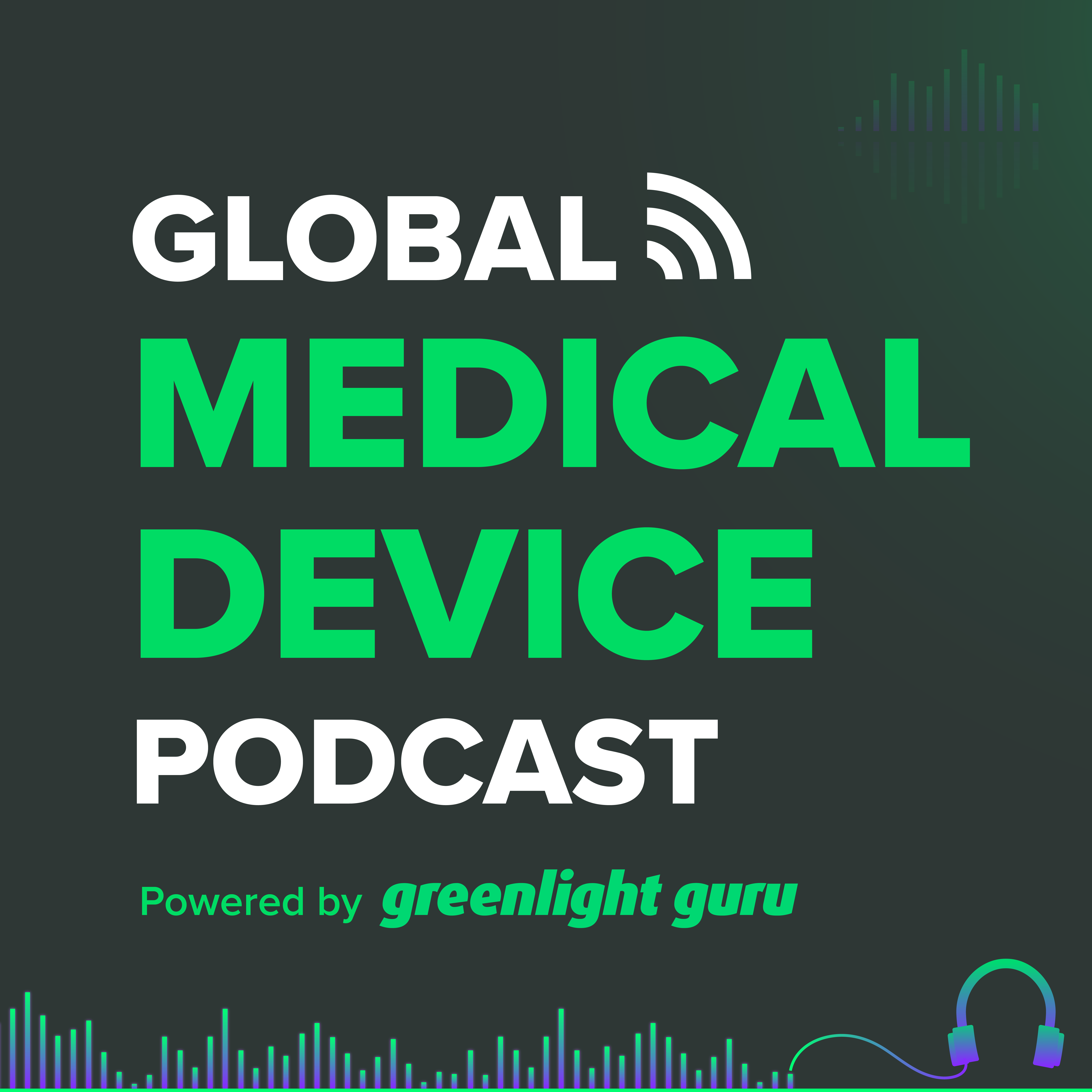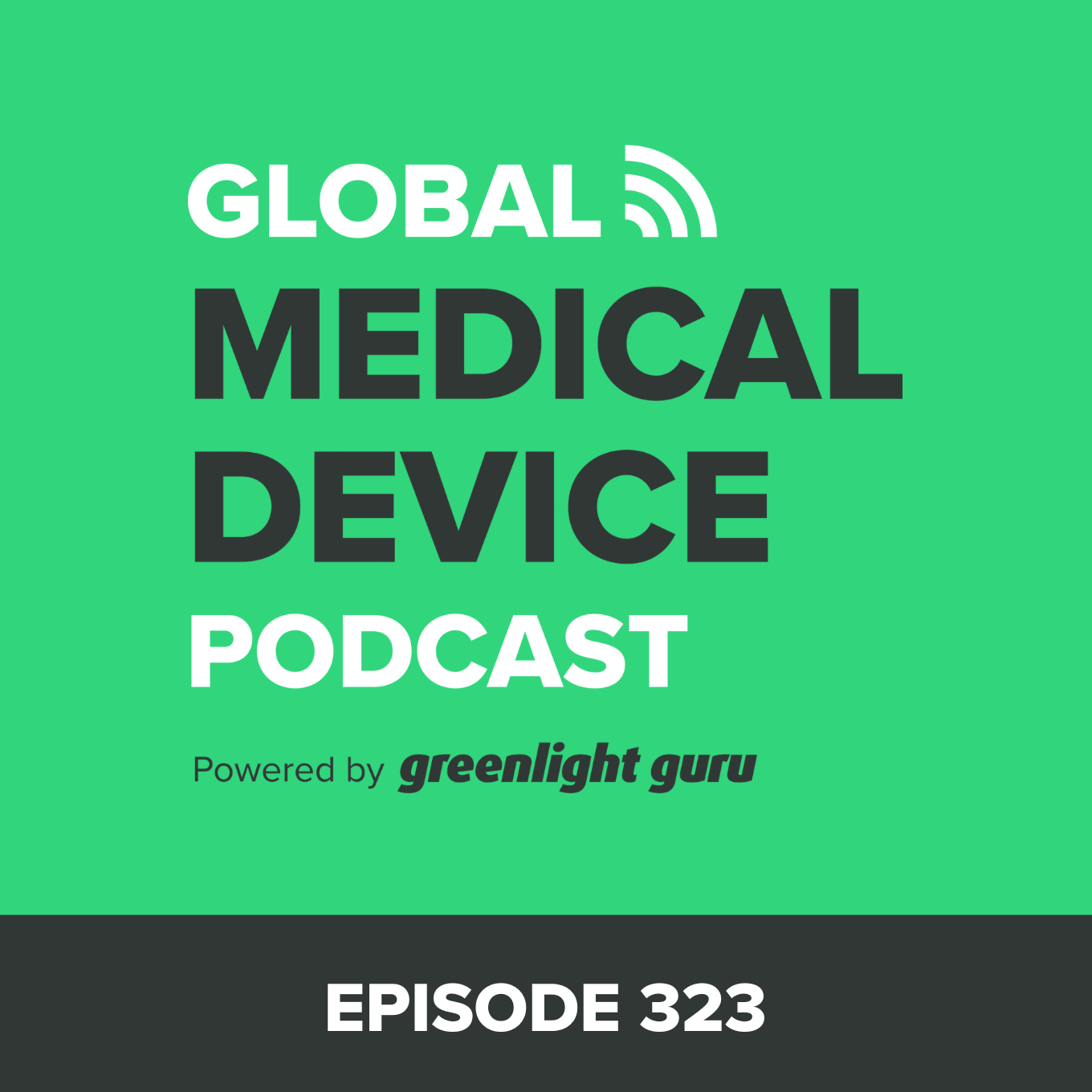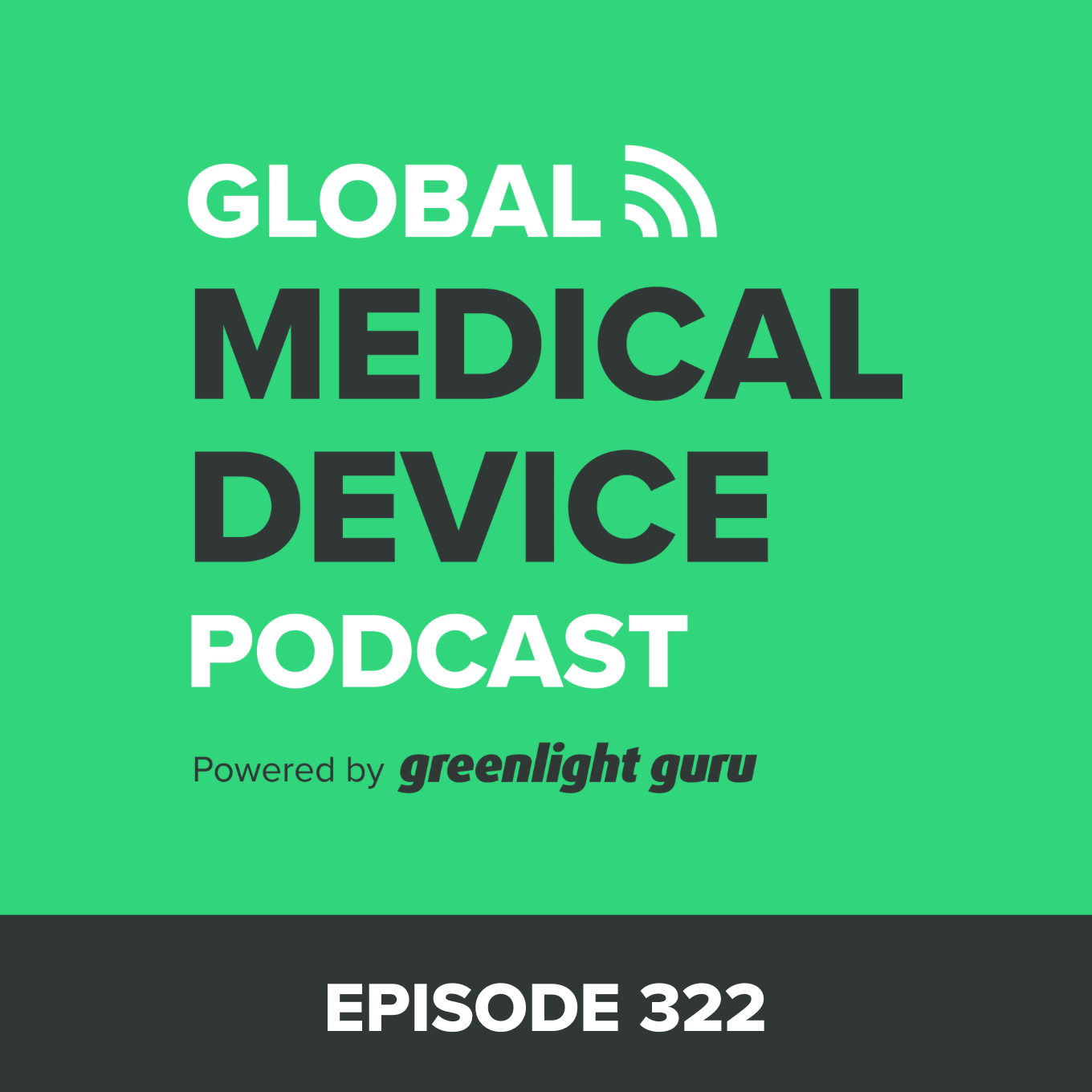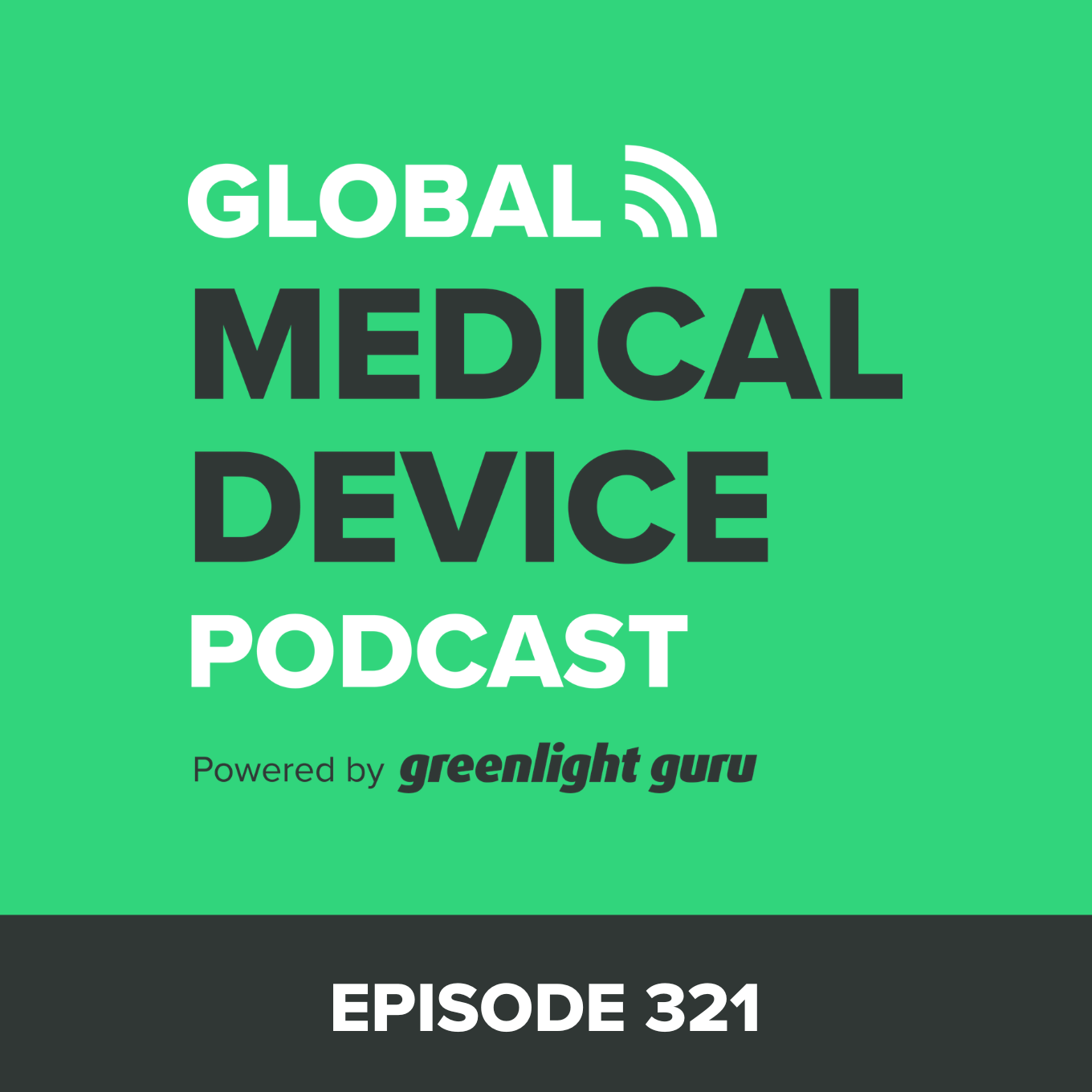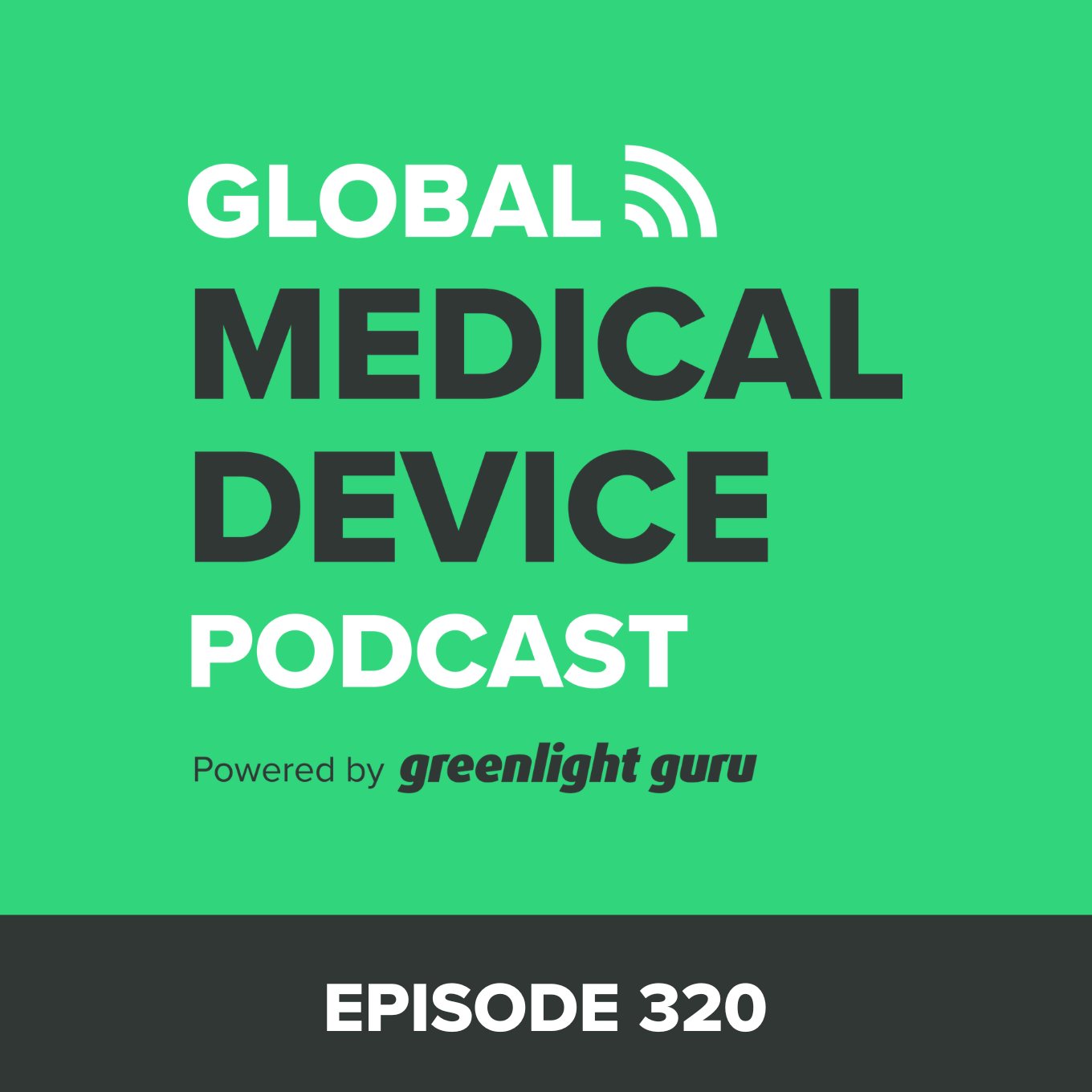Is FDA's New 'Safer Technologies Program' Applicable To Your Medical Device?
00:00
00:00
1x
- 0.5
- 1
- 1.25
- 1.5
- 1.75
- 2
This is a podcast episode titled, Is FDA's New 'Safer Technologies Program' Applicable To Your Medical Device?. The summary for this episode is: FDA recently announced its new Safer Technologies Program (STeP), which intends to make medical devices and combination devices eligible through the Breakthrough Devices Program (BDP).
Requirements for eligible devices include those that significantly improve the safety of currently available treatments or diagnostics for underlying diseases or conditions associated with less serious morbidities and mortalities.
Today’s guest is Mike Drues of Vascular Sciences, who joins Jon Speer to discuss how this new program may be applicable to your medical device and design efforts.
Some of the highlights of the show include:
● The main difference is that STeP’s focus is on improving safety; BDP’s emphasis is on efficacy side of devices for more serious diseases, injuries, or conditions.
● BDP vs. STeP: Which is a better option, and why? Programs should have been combined because there’s a need to offer incentives for safety and effectiveness.
● STeP Eligibility Criteria:
○ If device obtains BDP designation, it’s not STeP eligible, and vice versa.
○ If device isn’t eligible for BDP, but offers significant advantage to treat and diagnose less serious diseases/conditions that meet benefit-risk profile.
● STeP mechanics eerily similar to BDP process:
○ Prepare pre-submission to address requirements and include abbreviated device description, data plan for clinical data, and tests to be performed.
○ Request pre-submission meeting with FDA, which intends to make a determination within 60 days.
● Order of Operation: Start STeP pre-submission now or later, and then follow up with traditional submission, even if FDA doesn’t approve pre-submission.
